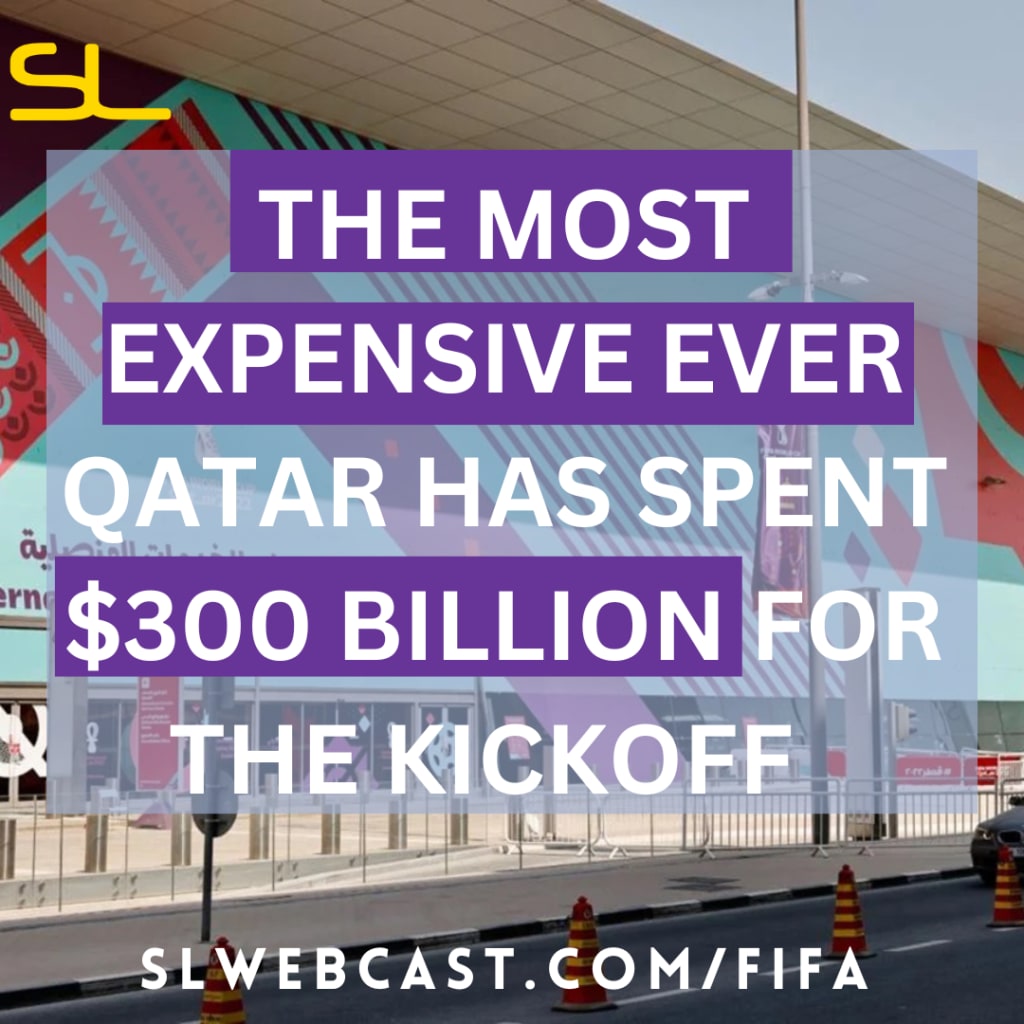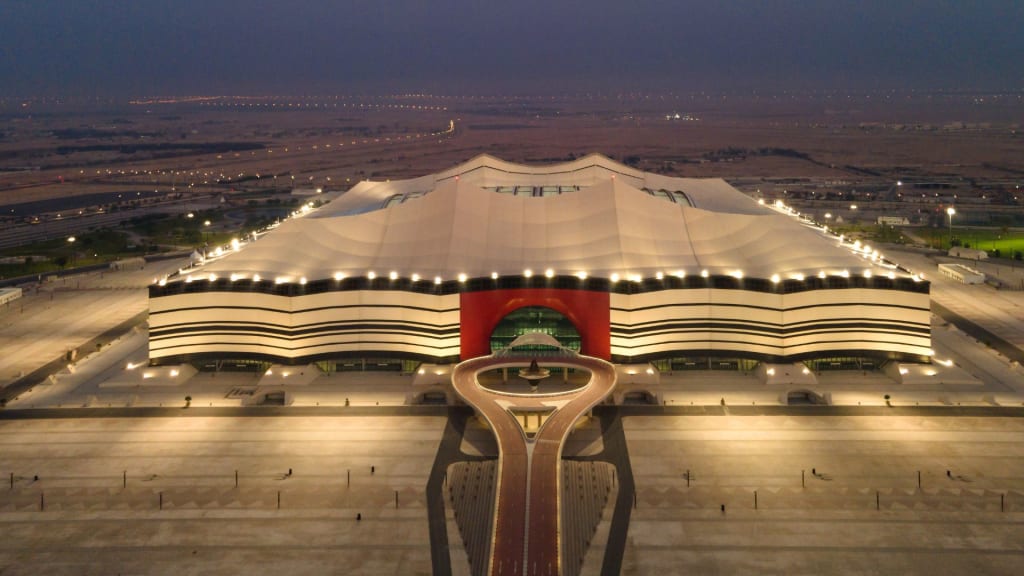The FIFA World Cup, an international men’s football competition played every four years between the senior national teams of FIFA member nations, is set to take place in 2022. It will be the 22nd edition of the competition. From November 20 through December 18, 2022, Qatar is where it will be held. After the 2002 competition in South Korea and Japan, this will be the second World Cup exclusively held in Asia. It will be the first World Cup ever to be held in the Arab world. In April 2010, Sepp Blatter, the president of FIFA, expressed support for holding a world cup in the Arab globe. Despite having 22 countries, the Arabic world has never had the chance to host the World Cup.
Criticism from many media outlets, sports professionals, and human rights organizations brought to light issues such as Qatar’s major history in football, the high estimated cost, the regional climate, and Qatar’s human rights record. There have been various claims of bribery involving FIFA executives and members and the Qatar bid committee. Theo Zwanziger and former president Sepp Blatter are among the FIFA officials who have publicly stated that it was a “mistake” to give the tournament to Qatar. Twelve years after winning the right to host the event, the tiny Gulf state of Qatar erected the stadiums, opened five-lane highways and a $36 billion Metro system, and undertook a significant construction effort on a demanding timeframe to ensure that spectators from all over the world could attend.

Concerns about lodging will also arise. Qatar is presently a large construction site. While some hotels and apartments will be completed, it is certain that others won’t be done in time. A five-year proposal to construct hotels, restaurants, stores, and residences around the Lusail is still years, not months, away from completion. The final will be held at the 80,000-capacity Lusail Stadium, which is the largest venue in the competition. issues with Qatar’s human rights record, high estimated costs, little football history, and regional climate. According to some estimates, Qatar would spend almost £138 billion ($220 billion) on the World Cup. A Munich investor meeting was addressed by German legal and financial analyst Nicola Ritter, who predicted that £107 billion will be spent. But has spent $300 billion preparing for kickoff.
This World Cup will be the first to not be hosted in May, June, or July and to take place in the northern autumn; it will be played in a shorter time frame of roughly 29 days due to the extreme summer heat in Qatar. The tournament will take place from late-November to mid-December at Al Bayt Stadium in Al Khor, the opening tournament match will be played between Qatar and Ecuador. The final is scheduled for December 18, 2022, which also happens to be Qatar National Day.

Alcohol drinking is against Islam’s prohibitions and is not a part of Qatari culture. But there are bars in certain upscale hotels and exclusive clubs for those who want to relax with a drink. Additionally, alcohol will be sold in approved FIFA fan zones and in a few stadium locations. Visitors are urged to respect the nation’s customs by refraining from drinking in open areas, such as the street. Drinking in public is against the law in Qatar, according to UK government instructions. The guidelines indicate that drinking in public places could result in a fine or a six-month jail term. It can cost £10 ($13) for a pint of beer.
The nation hired hundreds of foreign workers to construct new hotels and infrastructure in preparation for hosting the football World Cup finals this winter. For the World Cup finals, Qatar is constructing seven stadiums, a new airport, a metro system, a number of new roads, and about 100 new hotels. A brand-new city is also being built around the stadium that will host the championship game. According to Qatar’s government, 30,000 foreign laborers have been hired just to construct the stadiums. The majority are from the Philippines, Bangladesh, India, and Nepal. 60 workers recently protested against unpaid pay outside the Al Bandary International Group’s headquarters in the capital city of Doha. Some employees said they hadn’t received their pay in seven weeks. Human rights organizations have often expressed their displeasure with Qatar’s treatment of foreign workers and the number of deaths that have occurred there.
Travelers to Qatar for the World Cup will no longer need to show proof of negative COVID testing or register in advance on a government app. The majority of the COVID-19-related travel restrictions have been lifted by the Qatari government.

To see the world cup finals, 1.5 million spectators from around the globe are anticipated in Qatar. World Cup hosting is a means of achieving the Qatar National Vision 2030 (QNV 2030), an endeavor of the government to make Qatar a worldwide society and to raise the level of living. The world cup will be unlike any other, but one of its most important aspects—the absence of accommodations—will be a problem. ESPN was informed by sources that Qataris like to wait until the last minute to complete tasks, but they always succeed. According to sources, some FIFA employees want every project to proceed smoothly, thus this approach has alarmed them. The environment should guarantee ideal playing conditions for football, and the facilities are already of the highest caliber. The real concern is whether such a small nation can manage such a surge of support from around the globe. And also the fans may expect a unique experience, according to Al-Nuaimi. a tournament that will highlight the warmest facets of Arab and Qatari hospitality and invite the entire region. Fans might attend two games in a single day and congregate in one place if the World Cup were compressed. The World Cup organizers say that everyone is welcome to visit Qatar to watch football events and that there will be no discrimination.
But whether such a small nation can manage such an influx of fans from around the world is the major question. When everything starts moving in, only then can that question be answered.


